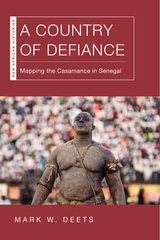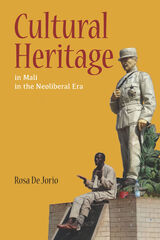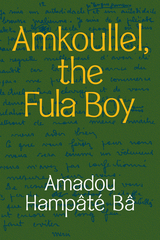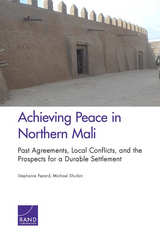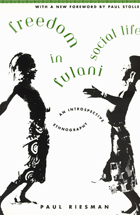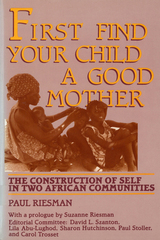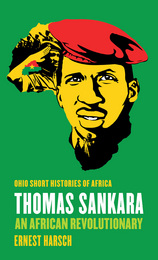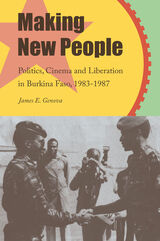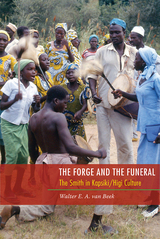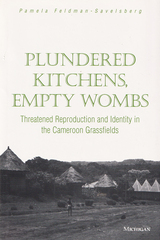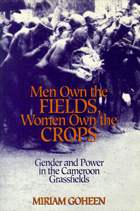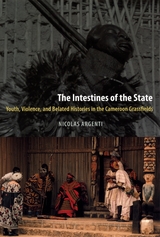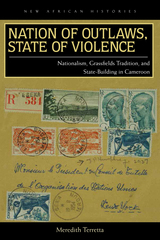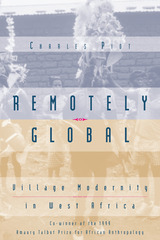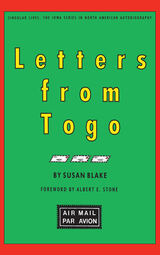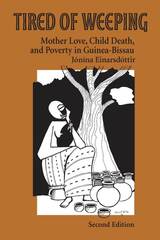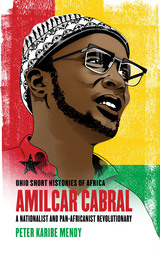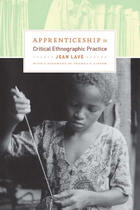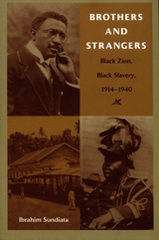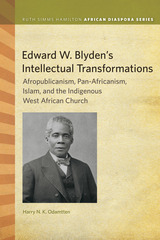Men Own The Fields, Women Own The Crops: Gender And Power In The Cameroon Grassfields
University of Wisconsin Press, 1996
Paper: 978-0-299-14674-0 | Cloth: 978-0-299-14670-2
Library of Congress Classification DT571.N74G64 1996
Dewey Decimal Classification 305.3096711
Paper: 978-0-299-14674-0 | Cloth: 978-0-299-14670-2
Library of Congress Classification DT571.N74G64 1996
Dewey Decimal Classification 305.3096711
ABOUT THIS BOOK | AUTHOR BIOGRAPHY | TOC | REQUEST ACCESSIBLE FILE
ABOUT THIS BOOK
Women’s labor—producing both crops and children—has long been the linchpin of male status and power throughout Africa. This book lucidly interprets the intricate relations of gender to state-building in Africa by looking historically at control over production and reproduction, from the nineteenth century to the present. Miriam Goheen examines struggles over power within the Nso chiefdom in the highlands of Western Cameroon, between the chiefdom and the state, and between men and women, as the women increasingly reject traditional marriages.
Based on a decade of fieldwork, this work tracks the negotiations between chiefs and subchiefs and women and men over ritual power, economic power, and administrative power. Though Nso men obviously dominate their society at both the local level and nationally, women have had power of their own by virtue of their status as women. Men may own the land, for example, but women control the crops through their labor . Goheen explains clearly the place of gender in very complex historical processes, such as land tenure systems, title societies, chieftancy, marriage systems, changing ideas of symbolic capital, and internal and external politics.
In examining women’s resistance to traditional patterns of marriage, Goheen raises the question of whether such actions truly change the balance of power between the sexes, or whether resistance to marriage is instead fostering the formation of a new elite class, since it is only the better-educated women of wealthier families who can change the dynamic of power and labor within the household.
The issues raised in this book are not unique to Nso but apply throughout the African subcontinent. Written in a straightforward way with much of the theoretical argument in footnotes, Men Own the Fields, Women Own the Crops marshals important arguments of wide relevance in present-day Africa.
Based on a decade of fieldwork, this work tracks the negotiations between chiefs and subchiefs and women and men over ritual power, economic power, and administrative power. Though Nso men obviously dominate their society at both the local level and nationally, women have had power of their own by virtue of their status as women. Men may own the land, for example, but women control the crops through their labor . Goheen explains clearly the place of gender in very complex historical processes, such as land tenure systems, title societies, chieftancy, marriage systems, changing ideas of symbolic capital, and internal and external politics.
In examining women’s resistance to traditional patterns of marriage, Goheen raises the question of whether such actions truly change the balance of power between the sexes, or whether resistance to marriage is instead fostering the formation of a new elite class, since it is only the better-educated women of wealthier families who can change the dynamic of power and labor within the household.
The issues raised in this book are not unique to Nso but apply throughout the African subcontinent. Written in a straightforward way with much of the theoretical argument in footnotes, Men Own the Fields, Women Own the Crops marshals important arguments of wide relevance in present-day Africa.
See other books on: 1960- | 1982- | Cameroon | Cameroon Grassfields | Fields
See other titles from University of Wisconsin Press

